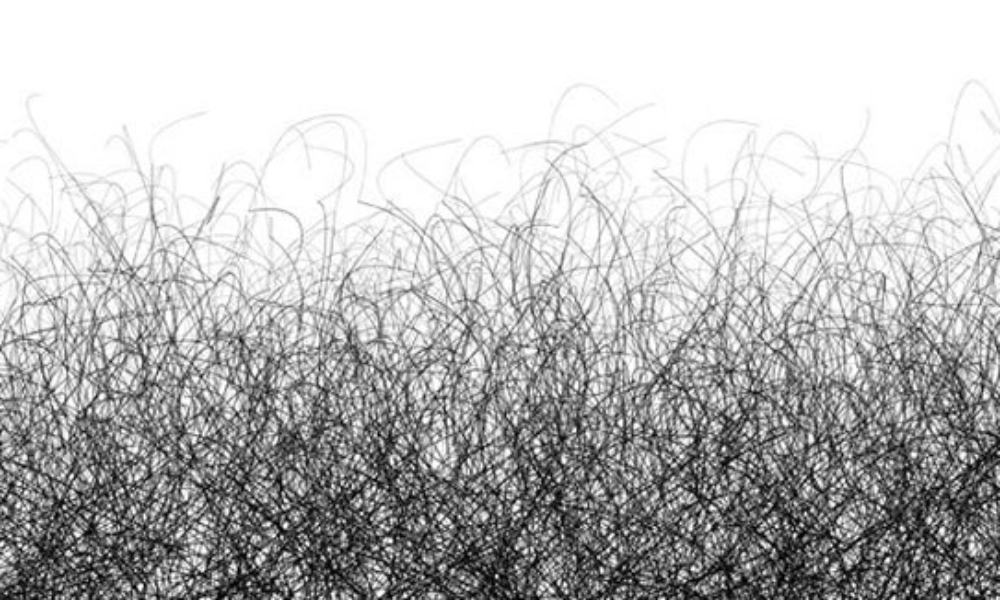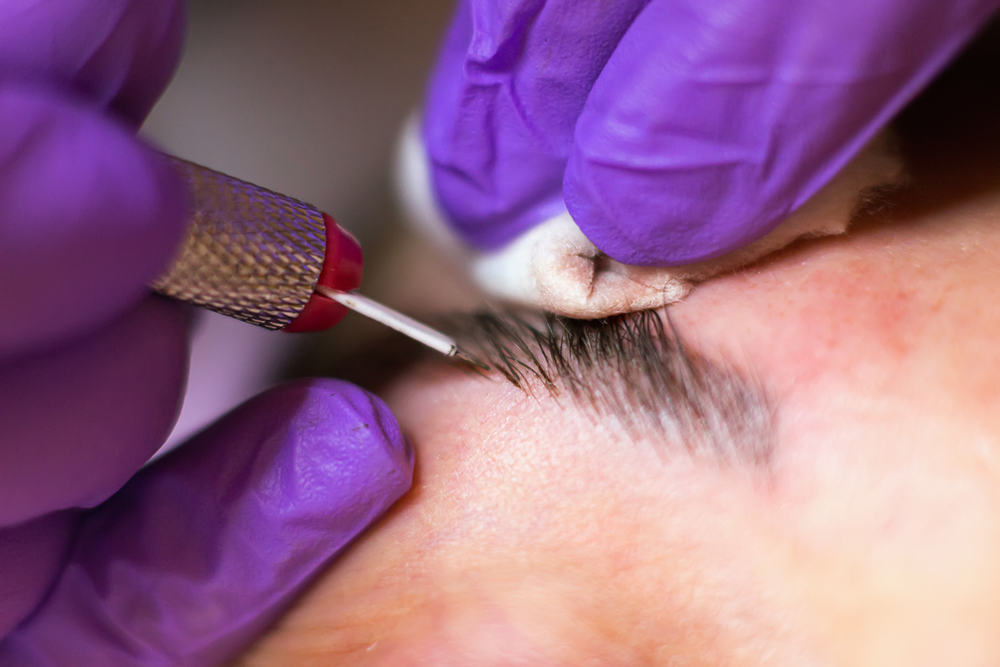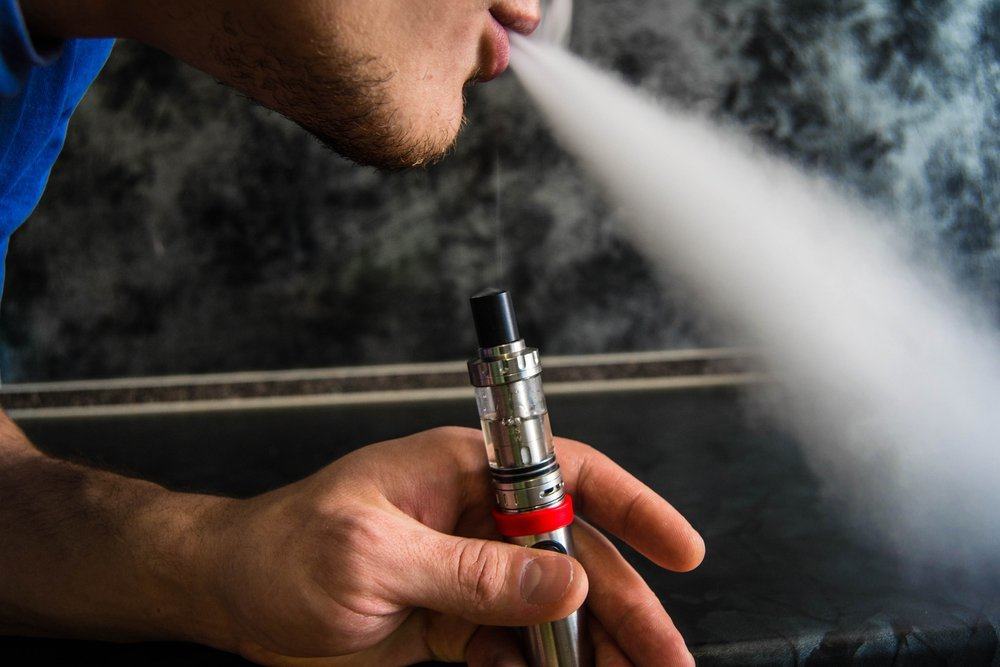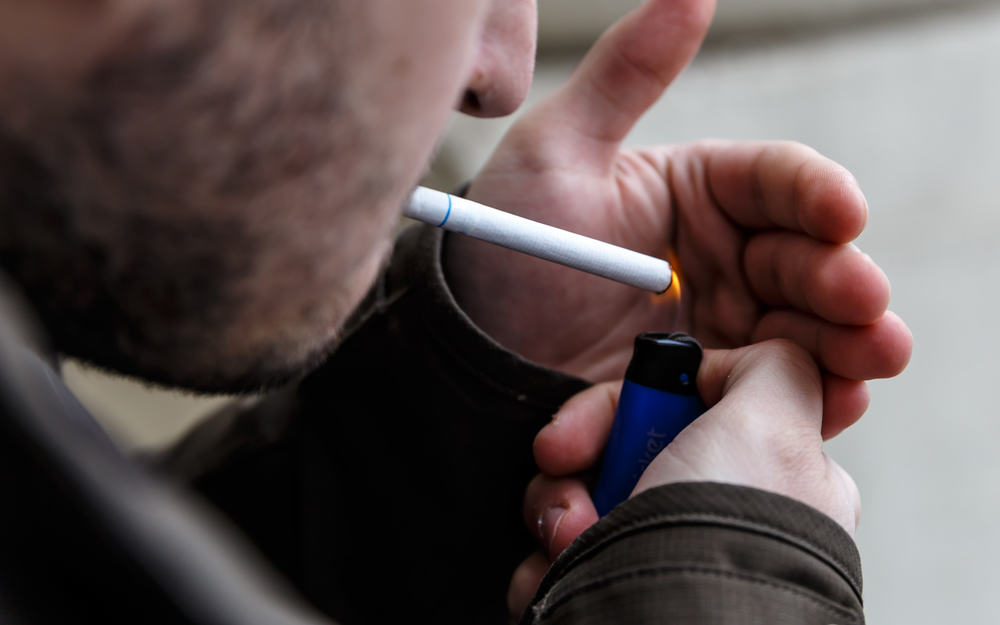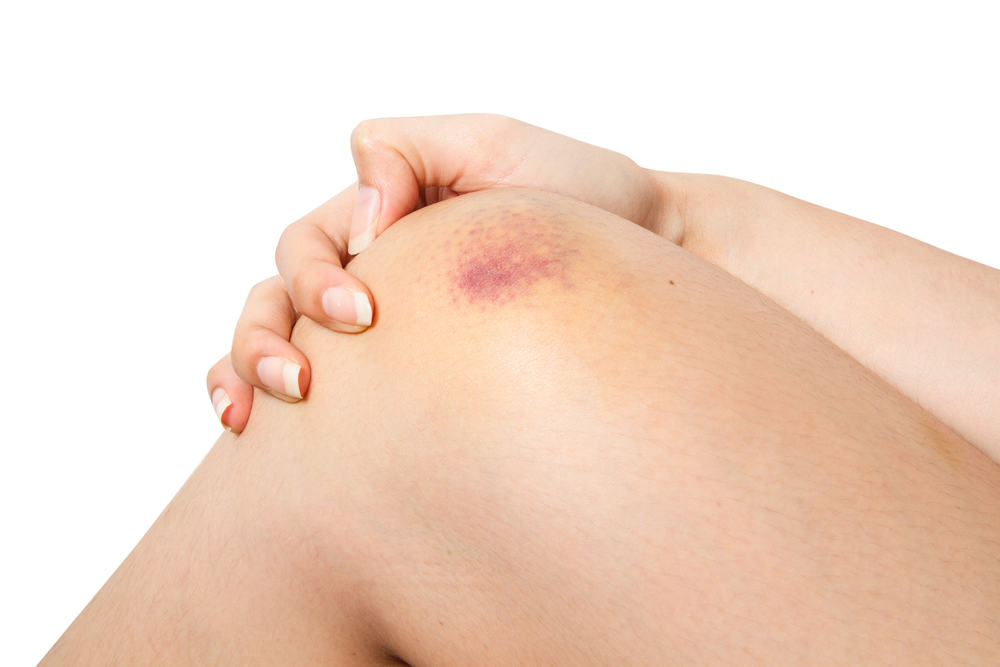Contents:
- Medical Video: Psychogenic Seizures — What are They, How Can They be Diagnosed and Treated?
- What is a pseudoseizure?
- What are the symptoms of pseudoseizure seizures?
- Pseudoseizure trigger
- Diagnosis of pseudoseizure
- Handling of pseudoseizure
Medical Video: Psychogenic Seizures — What are They, How Can They be Diagnosed and Treated?
Seizures are usually closely associated with epilepsy or epilepsy. However, there is one type of non-epiletic seizure (not related to epilepsy) known as the pseudoseizure. Symptoms of pseudoseizure seizures can be caused by mental disorders.
What is a pseudoseizure?
Seizures are generally caused by abnormalities in the brain's electrical function. Disruption of electrical activity in the brain will cause the muscles of the body to lose control of its movements. The muscles of the body will do repetitive and uncontrolled movements. Epileptic seizures can even make a person lose consciousness.
In contrast to seizures related to epilepsy, the cause of seizure pseudoseizure is not at all related to disruption of electrical activity in the brain. Pseudoseizure is a symptom of seizures caused by severe psychological conditions.
Pseudoseizure seizures are more common in women who have mental disorders than men.
What are the symptoms of pseudoseizure seizures?
Symptoms of seizures that may appear in people with mental disorders are actually not much different from those with epilepsy. Symptoms of seizure pseudoseizure include:
- Uncontrolled muscle movements.
- Losing focus.
- Loss of consciousness.
- Feel dizzy.
- Sudden fall.
- The body feels stiff and the muscles are tense as they contract.
- Blank view.
- Not aware of what's happening around him.
Therefore, getting a proper and complete diagnosis of mental health conditions is important for managing the symptoms of pseudoseizure.
Pseudoseizure trigger
Pseudoseizure can occur together with symptoms of a mental disorder that causes it. If someone suddenly experiences a seizure but does not respond to epilepsy medication, chances are he also has certain mental health disorders that can trigger a pseudoseizure.
Various mental health problems with severe intensity can be a trigger for this disorder. Pseudoseizure is more commonly found in individuals who experience:
- Personality disorder.
- Trauma of physical and sexual violence.
- Stress due to conflict in the family.
- Angry control disorder.
- Affective disorder.
- Have a history of panic attacks.
- Anxiety disorders.
- Obsessive compulsive disorder(OCD)
- Dissociative disorder.
- Post-traumatic stress disorder(PTSD)
- Psychosis disorders, such as schizophrenia
- History of drug abuse
- History of head trauma
- History attention deficit hyperactivity disorder (ADHD)
Pseudoseizures are generally secondary conditions that arise due to certain mental health disorders. So, identifying trigger conditions is the most important step in planning treatment and controlling the recurrence of symptoms.
Diagnosis of pseudoseizure
Without looking directly at the characteristics of seizures, doctors will find it difficult to distinguish non-epileptic and epileptic seizures. The various symptoms of pseudoseizure seizures that a person reports will be exactly the same as seizures due to epilepsy.
In many cases, doctors will realize that individuals who experience seizures are not caused by epilepsy because the epilepsy drugs given do not have the same effect as those with epilepsy.
Examination of brain activity can also be a diagnosis of pseudoseizure by taking into account the abnormality of brain nerve cell activity and differentiating it from the brain activity of people with epilepsy during seizures.
Medical history and exposure to mental stress and the opinions of several psychologists, psychiatrists and neurologists are also needed to recognize the pseudoseizure and the conditions that cause it.
Handling of pseudoseizure
Pseudoseizures are handled by different methods, depending on the conditions that cause them. But in general a method that focuses on symptoms and management of exposure from stressful sources is generally carried out. Some effective treatments for dealing with pseudoseizure include:
- Personal and family counseling
- Cognitive behavioral therapy
- Teaches relaxation techniques
- Behavioral therapy
- Therapy for traumatic memories
- Take antidepressants
- Treatment according to mental health disorders
There is no one type of therapy to deal with pseudoseizure that will definitely be suitable for people who have different mental health disorders. Therefore, psychiatric workers also need a formal assessment of the stressors of each mental health disorder before suggesting the appropriate treatment method.
For example, if stress and triggers for seizures are from trauma, the recommended method of control is a method of counseling or relaxation techniques such as meditation or busying yourself with exercise.
The appearance of a seizure pseudoseizure cannot be eliminated or prevented. However, controlling the recurrence of mental disorders can minimize the appearance of the patient's seizure symptoms.



